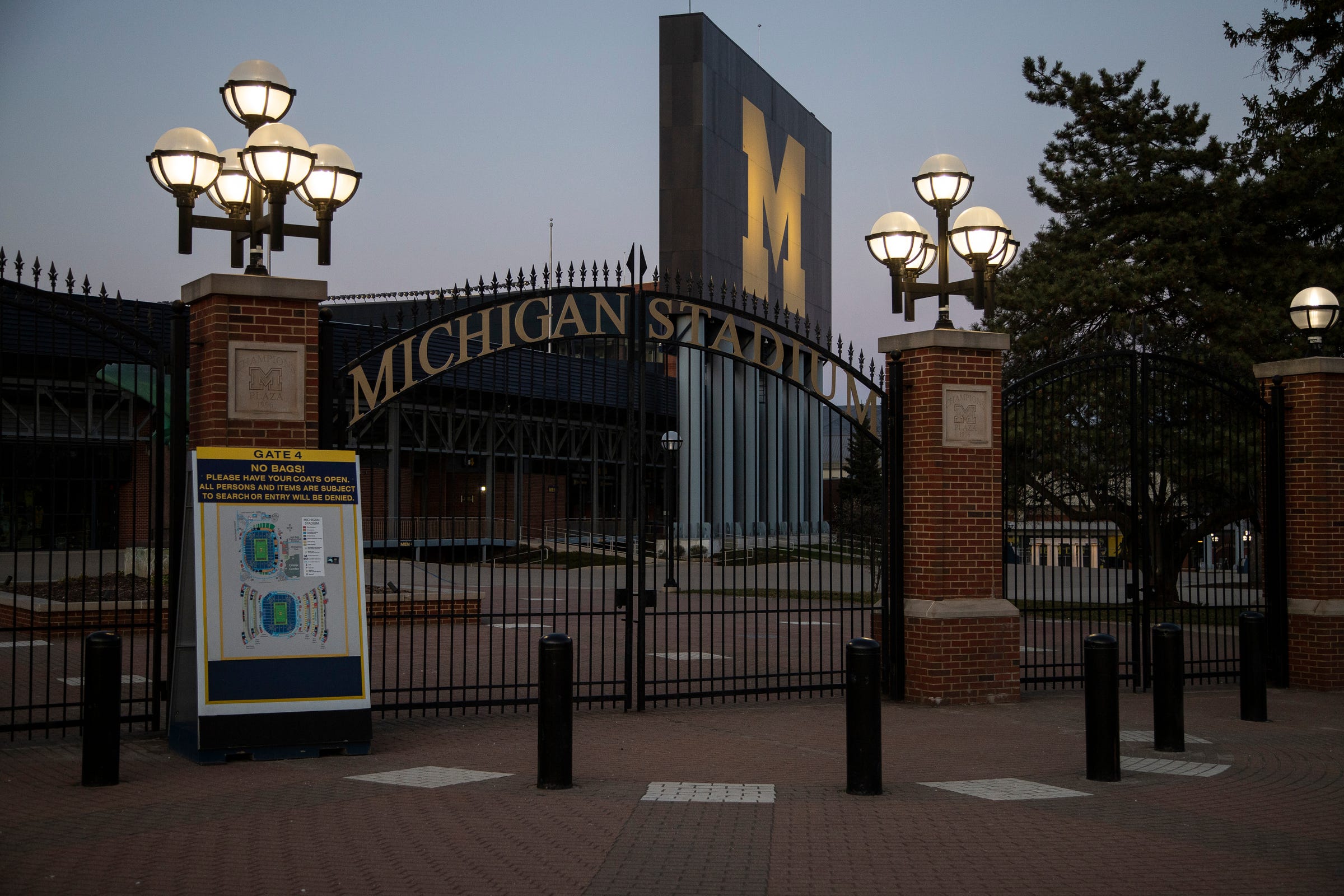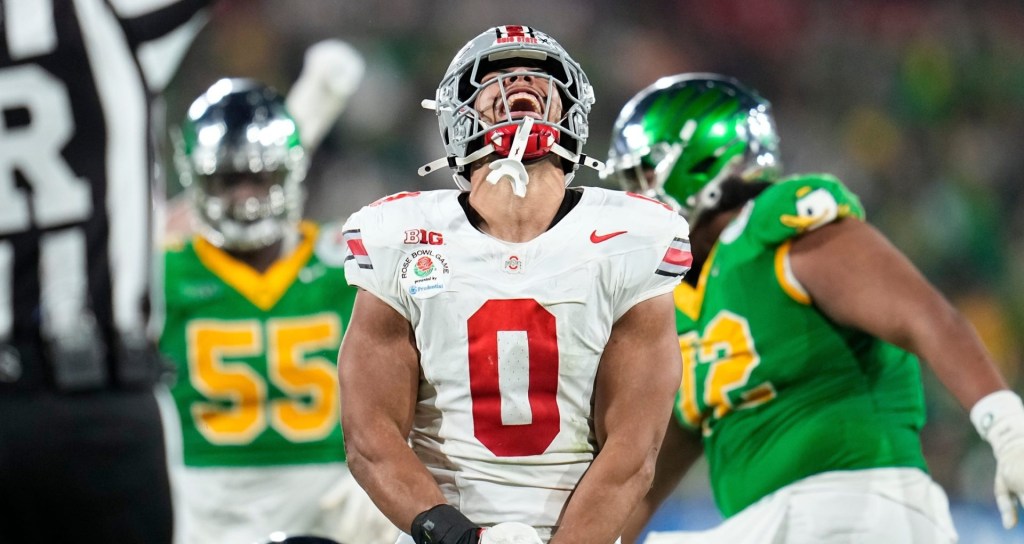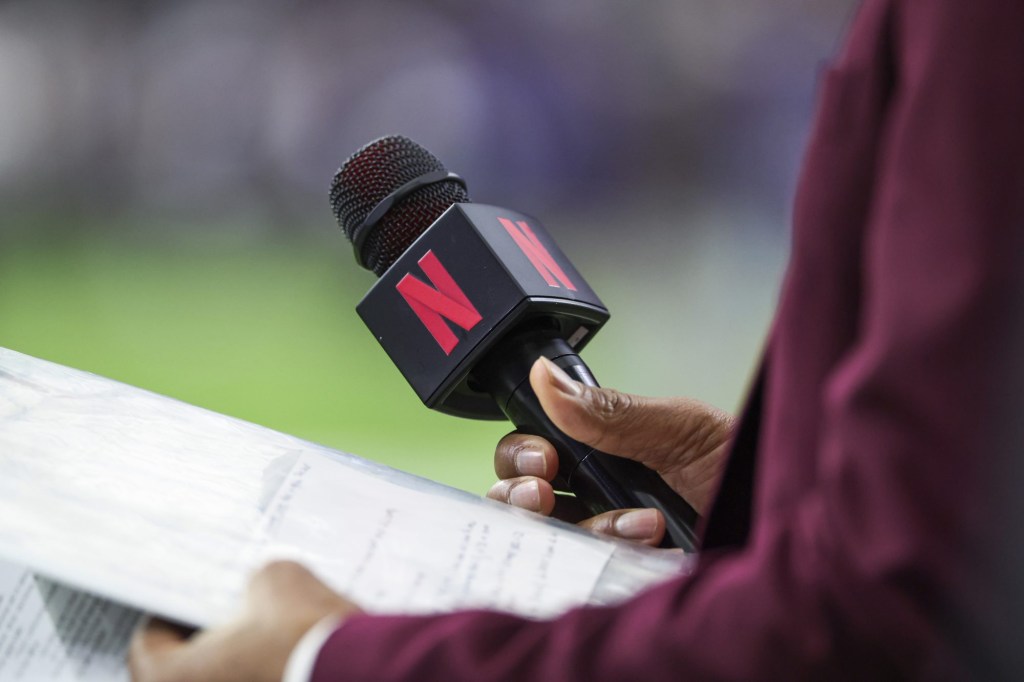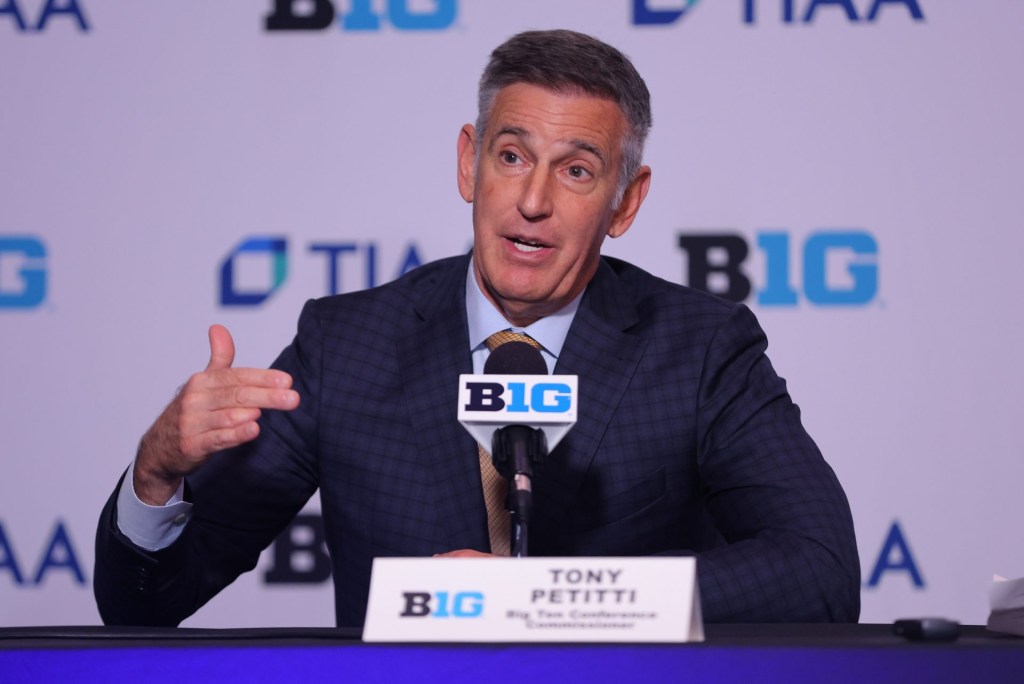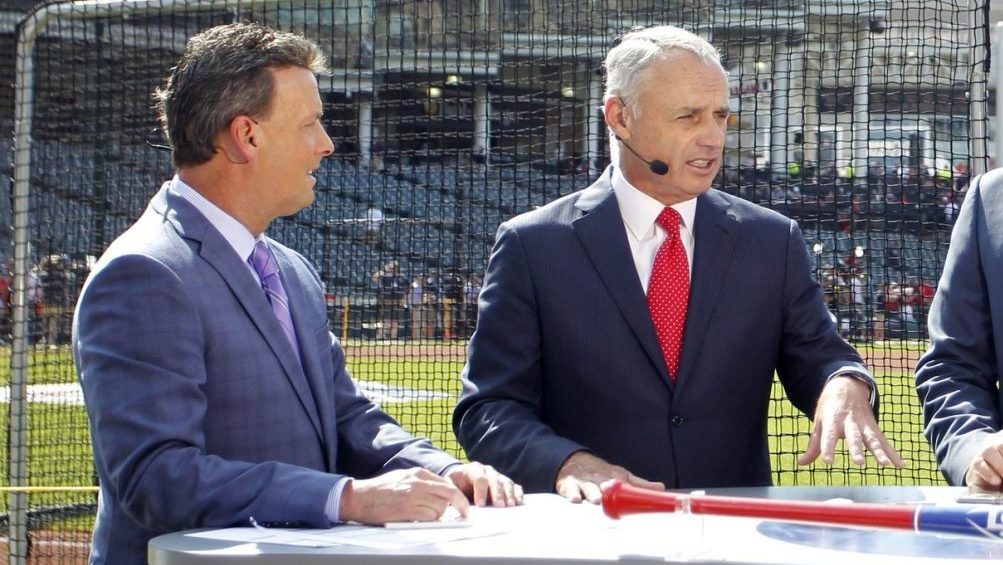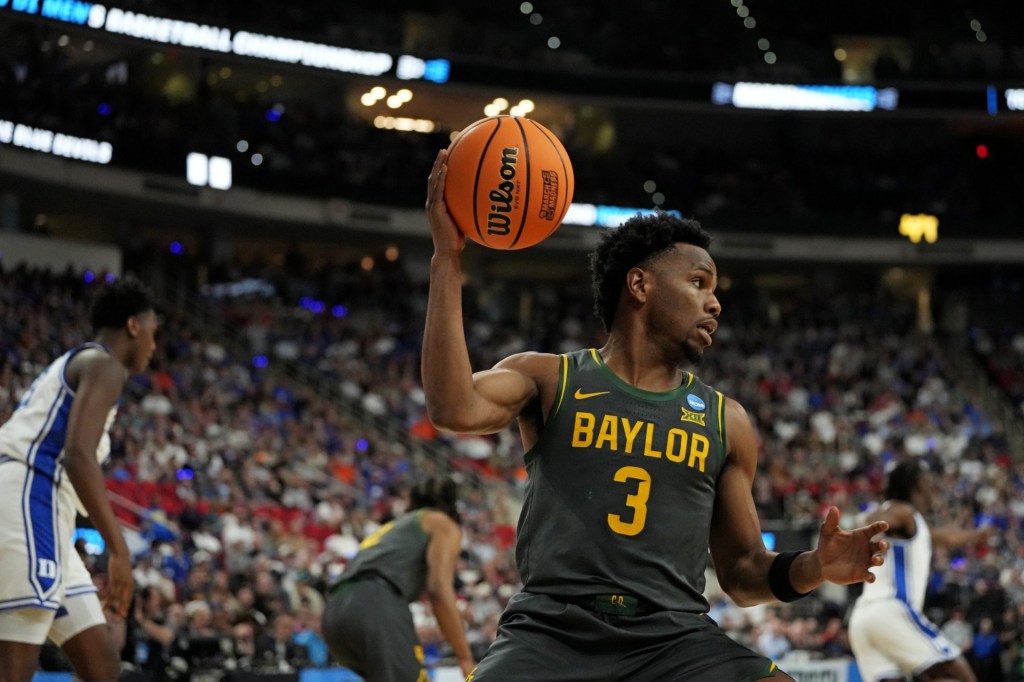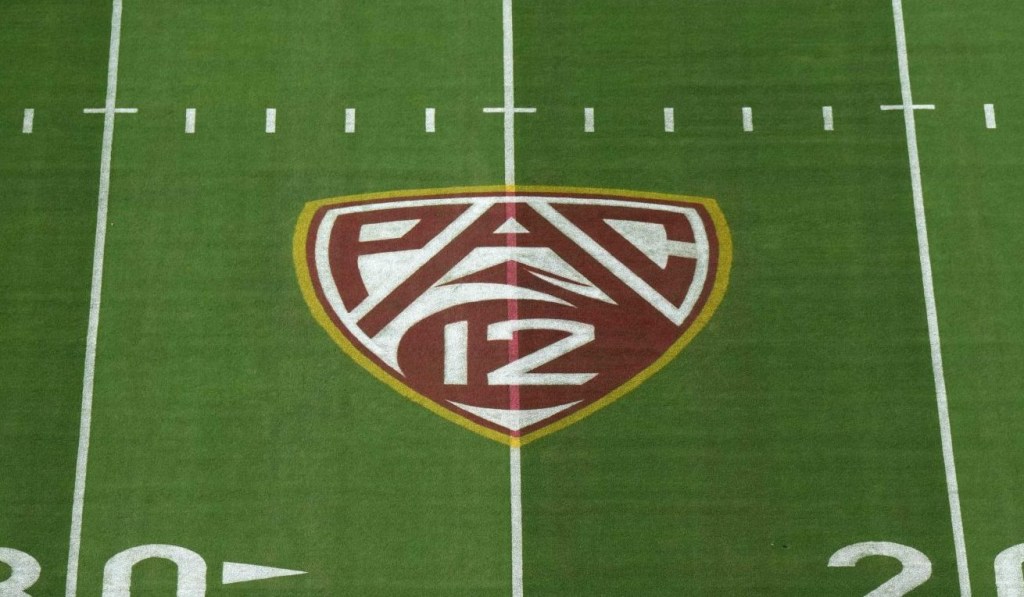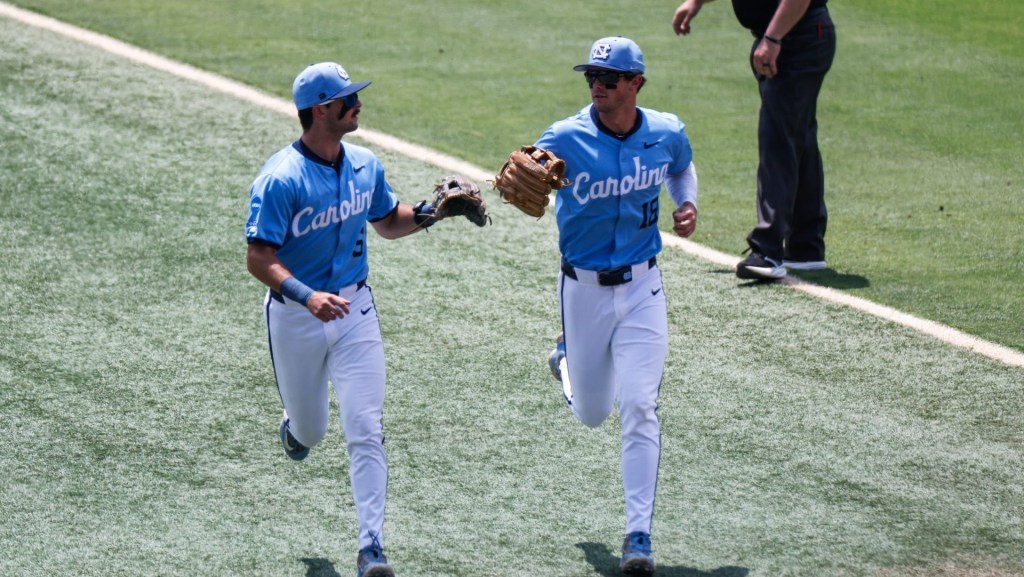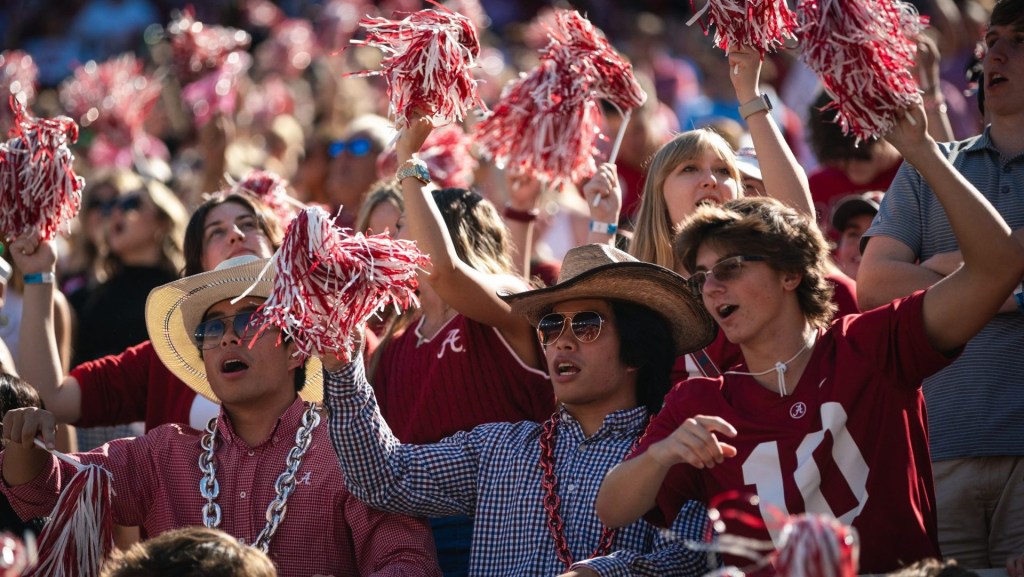Both the Big Ten and Pac-12 announced Tuesday that they have decided to postpone all fall sports and will regroup for a spring season.
The decisions culminate a summer of uncertainty surrounding whether football and fall sports could be salvaged amid rising COVID-19 cases nationwide, and could cause millions in gross revenue losses. Both conferences hope to resume play in the spring, with the Pac-12 saying they are looking at resuming competition on January 1.
The Big Ten’s announcement came about an hour before the Pac-12’s announcement. The ACC, SEC and Big 12 haven’t made decisions yet, though an ACC medical advisor, Cameron Wolfe, told Sports Business Daily that a fall football season could be a possibility.
“As time progressed and after hours of discussion with our Big Ten Task Force for Emerging Infectious Diseases and the Big Ten Sports Medicine Committee, it became abundantly clear that there was too much uncertainty regarding potential medical risks to allow our student-athletes to compete this fall,” said Big Ten Commissioner Kevin Warren in a statement.
The statement said that the committee engaged in “extensive research and sharing of materials and conversations with federal, state and local government agencies, and professional and international sports organizations” to track the rapidly evolving COVID-19 situation.
During an interview with the Big Ten Network, Warren refused to comment on whether the vote to postpone the season was unanimous among university presidents, but did say that the decision was a result of a “litany” of concerns that “created a state of uncertainty,” one of which was a heart condition called myocarditis, the potential long-term effect of COVID-19. “It’s one thing to make plans, and it’s another thing to really put those plans into place,” he said.
On the other hand, University of Oregon President Michael Schill said during a press conference that the Pac-12 CEO group voted unanimously against playing sports this fall. There was no big drama,” said Schill, who added that the biggest disagreement among CEOs was about the wording of the press release. Schill also said that the Pac-12 would have made this decision regardless of the Big Ten’s decision.
A document released by the Pac-12 medical group cited three main concerns: lack of testing capabilities, emerging information regarding long-term health concerns and an alarming number of COVID-19 cases currently ravaging the areas Pac-12 schools are in, which could make “commercial aircraft” travel untenable.
The conference also noted that scholarships for those who decide to opt out of competing during the 2020-21 academic year will be guaranteed. The statement also said that the conference “strongly encourages that the NCAA grant students who opt out of the competition this academic year an additional year of eligibility.”
“Our student-athletes, fans, staff and all those who love college sports would like to have seen the season played this calendar year as originally planned, and we know how disappointing this is,” said Pac-12 Commissioner Larry Scott in the statement.
The decisions reverse the two Power 5 conferences’ stances from previous days, when they announced their schedules. The conferences are falling in line with other smaller NCAA entities that have previously thrown in the towel on their fall seasons.
On Saturday, the Mid-American Conference became the first FBS conference to postpone all fall sports until the spring, and on Monday, the Mountain West Conference followed suit.
UMass and Old Dominion canceled fall sports and UConn canceled its 2020-21 football season, and the Presidents Councils for Divisions II and III, which had fewer financial concerns to tend with, also decided last week to not play fall championships after many individual conferences and schools had opted out of fall sports.
Both Pac-12 and Big Ten athletes had previously released demands regarding increased player safety if they did play. Pac-12 athletes had threatened to boycott the season if player safety, racial justice and even revenue-sharing demands were met. Big Ten athletes said they were particularly concerned with their conference leaderships’ lack of communication with student-athletes on safety precautions.
A number of Big Ten athletes announced they’d opt out of their season, like Penn State linebacker Micah Parsons, but a coordinated statement from a coalition of Power 5 players released Sunday night said athletes wanted to play if the proper precautions were put in place.
As recently as Monday, Michigan coach Jim Harbaugh and Nebraska coach Scott Frost both said they still wanted to play — Harbaugh even said he believed Michigan’s COVID-19 testing capabilities and safety precautions were “stellar,” and could serve as a model for other football programs that wish to play this season.
But after the announcement, athletic departments released statements expressing their disappointment but ultimately falling in line with the decision. In a statement, Harbaugh reiterated that his program could “meet the challenge” and provide his team an opportunity for a fall season.
“You have to go with what the medical experts say,” said Purdue head football coach Jeff Brohm during an interview with Big Ten Network. He added the program will set their sights on playing in the spring.
The conferences were already bracing for significant revenue losses, as they had previously opted for schedules that would relinquish millions of dollars in non-conference game revenue. Given uncertainty over whether fans could attend games in the fall, conference schools were also set to lose millions in ticket revenue.
But now, the conference faces gargantuan potential losses in TV revenue — the Big Ten’s TV deals with ESPN and Fox Sports totals $2.6 billion over six years.
The conference doled out up to $54 million to member schools for media rights and conference revenue in 2017, according to the most recently available tax returns. The Pac-12 could similarly lose millions, as it also sends more than $50 million to some member schools every year.
On Monday, Frost estimated Nebraska alone might lose $80-100 million. In all, Power 5 schools stand to lose more than $4 billion without football this year, one study estimated.
Pac-12 Commissioner Larry Scott said during the press conference that while he was sure that both the conference and schools would be impacted by TV revenue losses, it wasn’t a factor in the decision.
“It’s a matter of how you make the appropriate adjustments,” said ASU Athletic Director Ray Anderson.
As for whether a football season could be played in the spring, commissioners said the possibility is on the table, but won’t be nearly as big as a fall season. It also remains to be seen how this will impact the NFL Draft, as a spring football season could throw off timelines and prevent athletes from attending the NFL Combine, usually held in February.
